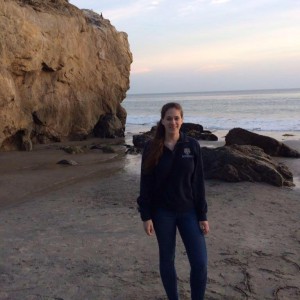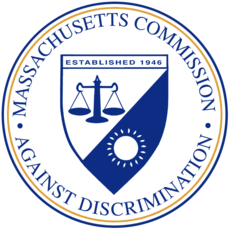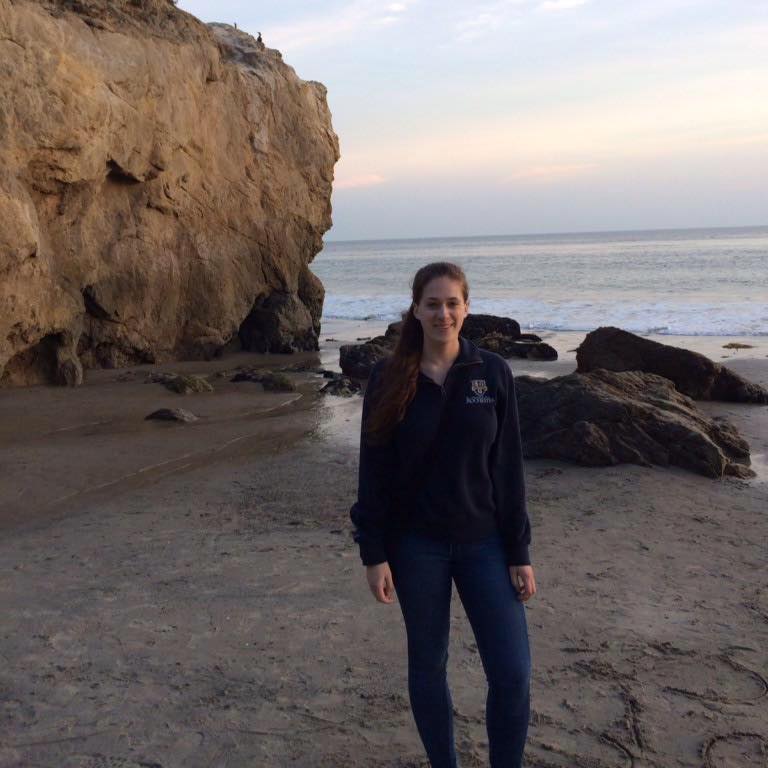 Hi there! My name is Julie Woodward, and I am originally from Westford, Massachusetts. I’m double majoring in linguistics and political science, with a minor in German. Outside of the classroom, I am the business manager of U of R Taekwondo, an associate justice on the All-Campus Judicial Council, and a peer tutor for the Center for Excellence in Teaching and Learning. As a recipient of the Humanities and Humanistic Social Sciences Research and Innovation Grant (HRIG), I have had the wonderful experience of interning at the Massachusetts Commission Against Discrimination, doing hands-on work in anti-discrimination law.
Hi there! My name is Julie Woodward, and I am originally from Westford, Massachusetts. I’m double majoring in linguistics and political science, with a minor in German. Outside of the classroom, I am the business manager of U of R Taekwondo, an associate justice on the All-Campus Judicial Council, and a peer tutor for the Center for Excellence in Teaching and Learning. As a recipient of the Humanities and Humanistic Social Sciences Research and Innovation Grant (HRIG), I have had the wonderful experience of interning at the Massachusetts Commission Against Discrimination, doing hands-on work in anti-discrimination law.
Research. When you think about research, what image comes to mind? Most likely, your mind conjures images of scientists in lab coats, toiling over beakers and microscopes. Or perhaps you think of a history student, traveling to a distant location to access some rare collection of books. If those are ideas that excite you, the University of Rochester will certainly allow you to pursue that curiosity as an undergraduate.
However, as a recipient of the Humanities and Humanistic Social Sciences Research and Innovation Grant (often mercifully shortened to HRIG), I have had a very unique experience in research. The HRIG program is all about experiential learning and delving deeper into one’s discipline via hands-on work. In my case, that meant spending last summer in a challenging anti-discrimination law internship.
My anti-discrimination law internship
Regrettably, there are very few legal internships available for undergraduates. I spent around three months in the fall of my first year trawling the internet for programs that allow undergraduates this invaluable hands-on experience. Thankfully, after my exhaustive search, I found the perfect combination of all the factors I was looking for. In my home state of Massachusetts, there is the Commission Against Discrimination, an administrative law organization that not only accepts undergraduates, but allows them to do very substantive work.

As an enforcement intern with the Massachusetts Commission Against Discrimination (MCAD), I learned so much in just under three months. At the beginning of the internship, my tasks mainly consisted of helping members of the community summarize their allegations into formal complaints and drafting questions for investigative conferences, which are formal meetings to request evidence from the parties of a case. However, by the end of my internship, I was also drafting responses to motions, investigating a handful of cases myself, and even leading some investigative conferences.
Opportunity to be a leader
This was partially due to my insatiable hunger for more challenging assignments, but it had a lot to do with my wonderful supervisor, who believed that though I was merely an undergrad, I still had the potential to contribute high-level work. In particular, it was never within my job description to lead investigative conferences. However, when the investigator assigned as my mentor went on sick leave, she had eight investigative conferences that still needed to be held. Since I had already been with the MCAD for a few months, my supervisor asked if I would be comfortable leading them. Naturally, I was very shocked, but agreed to give it a try.
I’m glad I did; it was an incredible, fairly surreal experience. There I was, at the head of a long conference table, flanked by both parties of the case and their counsel. The attorneys came armed with a full-fledged legal education and stacks of briefs. I merely had a list of the evidence I needed to get them to produce and the confidence of my supportive supervisor backing me. Despite how intimidating it could have been, I came to deeply enjoy the process. Plus, whenever I feel intimidated in daily life, I now can simply draw on my experience commanding respect in a room of semi-hostile attorneys.
Qualifying as experiential learning under my HRIG grant, my experience at the MCAD was incredibly impactful and meaningful. First of all, the mission of the MCAD is to eradicate discrimination in the state of Massachusetts and protect its citizens from unfair treatment. Being a part of such a worthy initiative was incredibly inspiring, and is an experience I am very grateful to have had through the HRIG program.
Access to networking
It was more valuable than I could have predicted, especially for the important connections I made in the legal profession. In particular, I am grateful to have had the opportunity to work with my supervisor, who is exactly the type of attorney—and person—I hope to be in my career. Perhaps even more than his talent, his genuine interest in helping others was inspirational and admirable, especially in a career (wrongfully) stereotyped as uncaring and selfish.
A newfound sense of direction
Through this experience, I have realized that law is where I belong, despite the other intellectual interests that often compete for my attention. Eventually, I hope to use the law to make people’s lives better in a tangible, meaningful way. Working at the Commission Against Discrimination has allowed me to preview one way in which I might do so later in life. Having that sense of direction, as well as already having a tiny bit of experience with my future career, is extremely valuable as I continue learning at Rochester.
Therefore, though my research grant experience was anything but conventional, it still definitely fit within the goals of the HRIG program, and was at least as valuable as any conventional research experience. With the rest of my HRIG grant, I plan to return to the MCAD and shadow a small law firm in Cambridge this coming summer. Ideally, I would also love to be involved in conventional academic research at some point, specifically in semantics or philosophy of language.
My advice to you!
In closing, I strongly recommend two things to incoming students regarding research and experiential learning. First of all, be ambitious, and don’t count yourself out for anything. If you allow yourself to be held back by the thought that you’re not skilled or experienced enough for an opportunity, you’ll never be able to surprise yourself.
Second, prioritize forming meaningful professional relationships with mentors in your field. This could mean professors who are experts in the field that most interests you, or it could mean adding a few role models in your target career to your network, like I did with my supervisor at the MCAD.
All in all, it’s often said that the right college will open doors. In my experience, Rochester is exactly that kind of school. One of the many ways it has opened doors so far for me has been through the HRIG program, by opening a door to my future career. I can only imagine the wonderful possibilities it will make available in my remaining years here.

